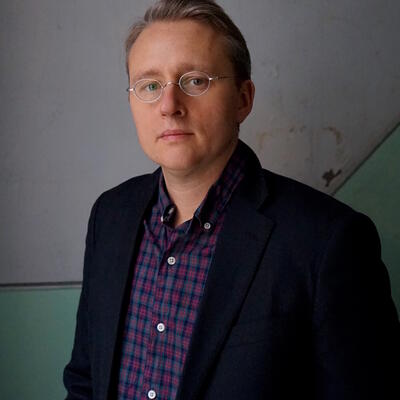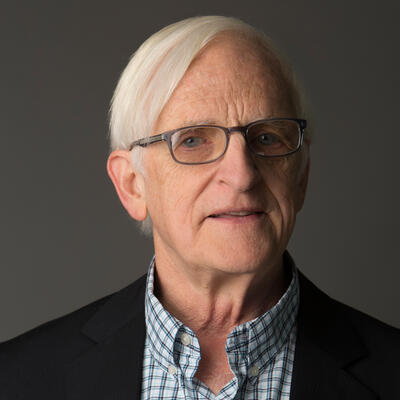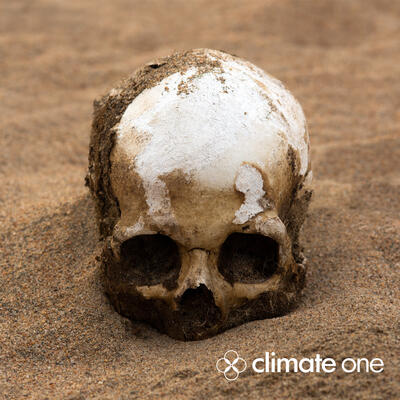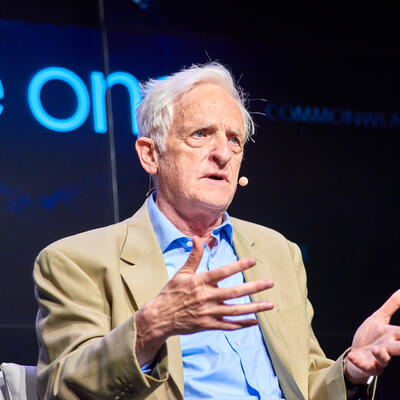Climate One TV: The Uninhabitable Earth and We're Doomed Now What
Guests

David Wallace-Wells

Roy Scranton

Matthew Fox
Summary
According to David Wallace-Wells, we’re cooked — literally. In his new book The Uninhabitable Earth, Wallace-Wells explores how climate change will impact not just the planet, but human lives — including how a five degree increase in temperatures would make parts of the planet unsurvivable.
But is panic and “doom and gloom” really the best way to galvanize a response to climate change? According to climate scientist Katharine Hayhoe, building connection over an existing set of values is critical to communicating the perils of climate change and mobilizing action to address it. Wallace-Wells asserts that in the U.S., complacency is a much bigger political problem than fatalism. If science and news headlines won’t propel us into climate action, perhaps fear will?
A conversation with David Wallace-Wells, deputy editor at New York Magazine and the author of The Uninhabitable Earth: Life After Warming, on how climate change will shape our politics, culture, and emotional lives. Katharine Hayhoe, climate scientist and winner of the 2018 Stephen H. Schneider Award for Outstanding Climate Science Communication, will be joining remotely from Texas.
And in the second half of the show:
Can changing our consciousness hold off the climate apocalypse?
When we think about the enormity of climate change and what it’s doing to our planet, it’s easy to get overwhelmed, even shut down, by despair. But maybe that’s not such a bad place to be, argues author Roy Scranton.
“I think going into the hard dark difficult thing, and staying there, is the only way that we’re gonna come up with some new way, some better way to deal with the realities of the situation,” says Scranton. “So I'm all for despair.”
Scranton understands those dark places. As a soldier in Iraq, he taught himself to meditate as a way of dealing with the daily horror of war.
“I started imagining my own death…not just imagining it, but accepting it as true,” he recalls. “That I was gonna go out that day and I was gonna get blown up or I was gonna get shot…And then I would tell myself okay that's done, now what? Now what do I do?”
‘What do I do?’ is the key question when it comes to confronting the climate challenge. Matthew Fox agrees, arguing that despair is “a luxury we can’t afford today.”
Rather than letting our fears overwhelm us, Fox urges us to use them in action. The theologian, priest and author sees a silver lining in the apocalyptic darkness.
“The word apocalypse also means revelation,” Fox reminds us. “So we’re in an apocalyptic time. But we’ve also got to realize the breakthrough is there too.”
Fox concurs with Scranton on the power of meditation, and challenges us to view even the darkest moments as lessons that can lead us to a deeper place.
“Is this a terrible place to be, or is it a really an interesting place to be?” he asks. “What an honor it is -- to be alive at this moment in history, with this opportunity to shake our species up and to save the planet insofar as it’s possible!”
#letstalkclimate
https://www.climateone.org/
Climate Impacts 3:05
Katharine Hayhoe 7:10
Common Humanity 10:50
We're Doomed? 13:50
Roy's Awakenings 18:52
What Can People Do? 24:57

